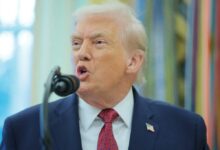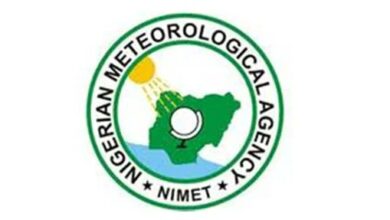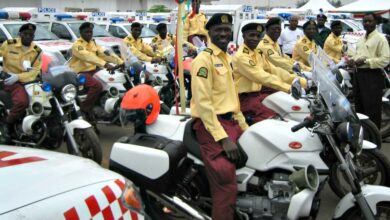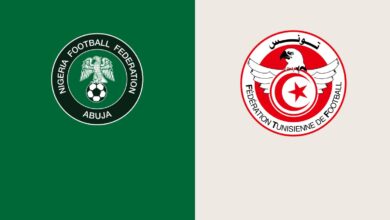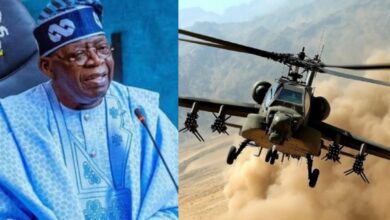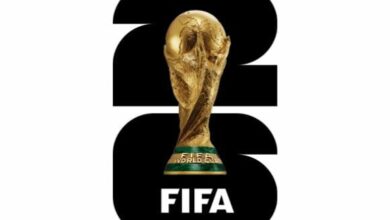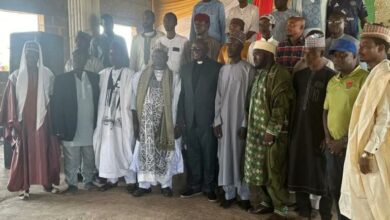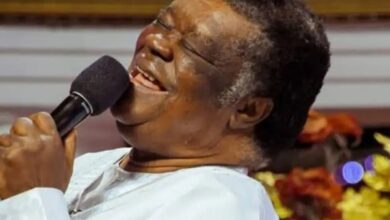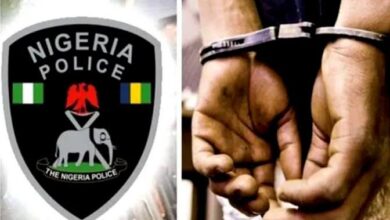
A Strategic Signal or a Hollow Gesture? — Why the U.S. Move on Nigeria Matters
In a bold and highly visible move this week, Donald Trump announced that Nigeria would be designated a Country of Particular Concern (CPC) under the International Religious Freedom Act (IRFA), citing what he described as an “existential threat” to Christians facing “mass slaughter” in Africa’s most populous nation. The naming raises as many questions as it answers — about religious freedom, geopolitics and accountability.
Under the IRFA, the U.S. has the authority to identify countries that engage in “systematic, ongoing, and egregious” violations of religious freedom, and to subject them to certain sanctions or diplomatic penalties.
In this case, Trump’s announcement says:
Nigeria is being added to the CPC list for severe religious-freedom violations—specifically, the targeting of Christians by Islamist groups.
The designation does not automatically mean immediate sanctions, but opens the door to steps such as curtailing non-humanitarian aid, arms sales or other U.S. government assistance.
The move follows longstanding pressure from U.S. lawmakers and religious-freedom advocacy groups to restore Nigeria’s CPC status after it was previously dropped.
The timing is no coincidence. Advocacy groups have been loudly calling for Nigeria’s re-designation for months. The U.S. Commission on International Religious Freedom (USCIRF) has repeatedly urged the U.S. government to act, citing millions of displaced persons, hundreds if not thousands of victims of religious-based violence, and legal structures (such as blasphemy laws) that restrict religious minorities.
For Nigeria, the designation has diplomatic, humanitarian and symbolic implications:
Being placed on the CPC list signals U.S. concern at the highest level and may strain U.S.–Nigeria relations or shift how Washington engages with Abuja.
If followed by concrete policy steps, it could bring new pressure on the Nigerian government and increased scrutiny of the protection of religious minorities.
While many reports document atrocities against Christians in Nigeria, analysts stress that the violence is not always neatly framed as “Christians vs. Muslims.” Many attacks emerge from complex mixes of farmer-herder conflict, banditry, organised terror (such as Boko Haram and Islamic State – West Africa Province), state weakness and local grievances.
The Nigerian government disputes that the violence is religiously targeted:
“This is certainly not true… it’s not a reflection of what is on the ground,” said Nigeria’s Information Minister.
As noted above, designation is a first step. Without follow-through such as concrete sanctions, monitored reforms or targeted assistance the move may amount to symbolic politics. Advocacy groups have warned that mere listing without enforcement risks undermining credibility.
The designation also reflects internal dynamics in Washington. Evangelical and conservative lawmakers have for years emphasised persecution of Christians abroad especially in Nigeria as a foreign-policy issue. The timing likely reflects those pressures. At the same time, U.S. strategic interests in West Africa (in areas such as counterterrorism, oil, and regional stability) mean that the move must be parsed in a broader geopolitical context.
The violence in Nigeria whether or not framed as religious targeting—is part of a sprawling security and governance crisis. Weak state capacity, climate pressures driving grazing and farming conflicts, illicit weapons flows, and proliferating insurgency make the challenge wider than a single-faith narrative.
With the designation made, a number of questions will determine whether this becomes meaningful or merely symbolic:
Will the U.S. follow through with concrete measures (arms-sale curbs, conditional aid, entity-designations) or simply leave the designation on the books?
Will this deepen domestic misunderstandings in Nigeria (e.g., Christians feeling persecuted, Muslims feeling unfairly singled out) and risk inflaming tensions?
Could this precedent shape U.S. engagement on religious-freedom globally — and what message does it send to other countries with complex violence and minority-rights issues?
By designating Nigeria as a Country of Particular Concern, the U.S. has signalled that it views the protection of religious minorities—as well as enforcement of religious-freedom norms—as a matter of strategic foreign-policy importance. Whether this becomes a turning point in Nigeria’s protection of religious minorities, or simply a headline left un-followed by action, remains to be seen.
For Nigerian Christians and Muslims alike, the hope is that this moves beyond symbolism to meaningful reform, accountability and protection. But given the deep structural challenges Nigeria faces, success will require more than a U.S. list—it will demand determined action, both domestically and internationally.
It is now time for the world—and especially those with leverage—to ask: when moral designation meets geopolitical reality, will action follow?
